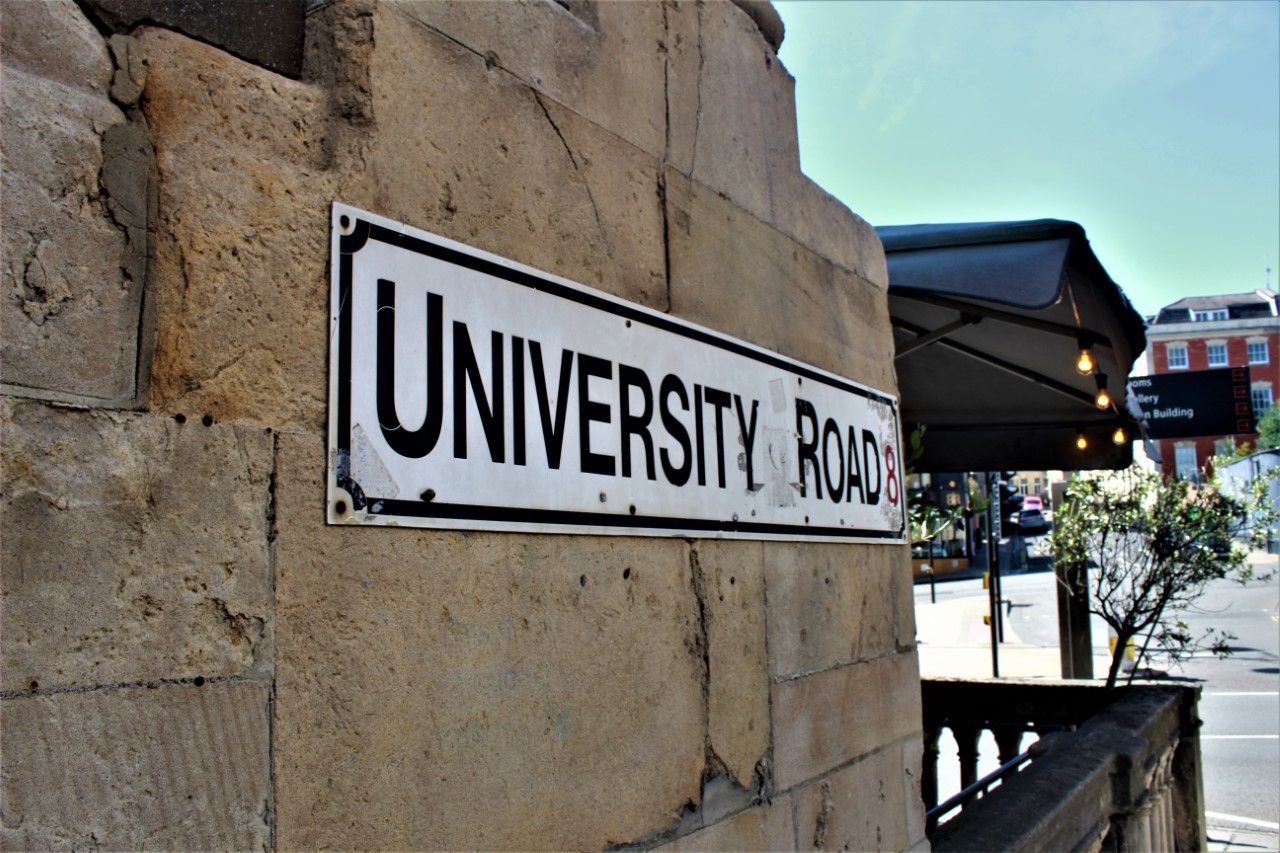By Tom Rattner, Second Year, Law
Before even sitting to write this opinion piece, I felt hesitant. This is not because I believe anything I’ll attempt to profess in this article will be in any way controversial.
My reticence stems from the fact that any comment around almost any subject in recent months has become a toxic battleground in which our most animalistic selves come to the fore.
In some respect, my caution is positive as objective truth is inexistent. What I mean by this, is that regardless of the amount of evidence you believe resides beneath your premise, it is almost certain to convince no one.
We should approach all areas of discussion with a desire to understand, assimilate, and perhaps even believe. Actually assuming another position, contrary to one’s own, provides an established basis for progress.
Throughout history, respected giants of the political and philosophical have laid bare the building blocks of a utopian society in which diversity of opinion places central.
Thus, the question as to whether students should appreciate diversity of opinion has been answered with resounding confidence: ‘yes’.
So then why does our society feel so far removed from their vision? Anyone with any degree of emotional maturity will know that honest, delicate conversations are to be reserved for face to face encounters.
With this in specific regard, testing our appreciation for diversity of opinion could not come at a more inappropriate time.
Our society is on the verge of breaking up, and we are resigned to text. Our society is almost entirely reliant on virtual communication.
We have forged a society of intolerance
We resort to dehumanisation, targeting any weakness, be it grammar or appearance. We trawl through years and years of content to find anything that provides even the slightest dent in the validity of our opponent's argument.
Even among the student body, supposedly a bastion of diversity, this pervasive ‘cancel culture’ resides. We move to remove, to eradicate and ultimately to silence.
There are of course those that intend to stir the pot, to cause distress for distress’ sake. But should we not hear out those people who have a genuine story to tell, regardless of their education, of their gender, of their colour?
This can be exhausting and in its most extreme form almost insufferable, but the risk that any alternative presents is far worse.
Simply imagine, and the possibility is always present, that you become the cancelled. Sure of your opinion, but unable to share. That is a punishment no person deserves.
We have forged a society of intolerance. As is always the case with humanity, we have reverted to what we find easiest: to that ancestral tribalism, the urge for merciless destruction of that which we find unsatisfactory.
Bristol Free Speech Society disassociates from Facebook group following ‘insults, personal attacks and bigotry’
This is discrimination of the harshest most clinical form. We seek difference before similarity, and how we might divide before how we might unite.
Perhaps, when all this blows over, togetherness may once again prevail and I might sit down to write an opinion piece safe in the knowledge that the battle is at an end, with humans the victors.
Featured Image: Epigram / Lucy O'Neill
Do you think cancel culture on campus has gone too far?









